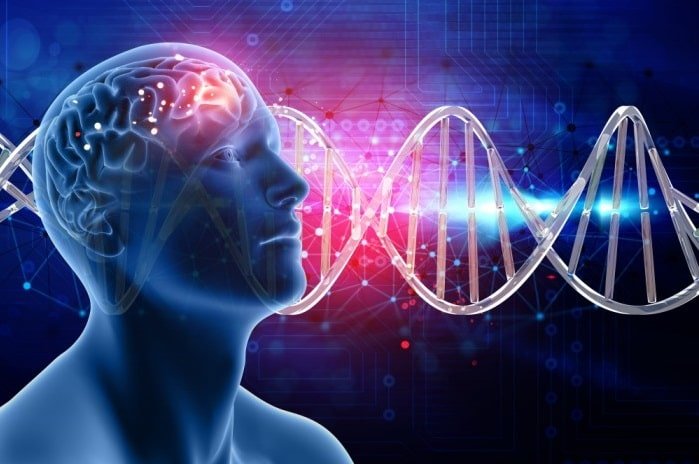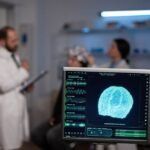What Conditions Do Neurosurgeons Treat?
When it comes to understanding what conditions neurosurgeons treat, it’s essential to recognize that these specialists are experts in managing a variety of complex and critical disorders affecting the brain, spine, and nervous system. These are some of the most important parts of our body, controlling everything from how we think and move to how we feel pain. If something goes wrong with any of these areas, a neurosurgeon is often the specialist who can help. Here’s a look at some of the common condition’s neurosurgeons treat, explained in a way that’s easy to understand.
1. Brain Tumors
A brain tumor is when abnormal cells grow in the brain. These can be either benign (non-cancerous) or malignant (cancerous). Even non-cancerous tumors can be serious because they take up space inside the skull, which can affect how the brain works. Symptoms might include headaches, seizures, or changes in behavior. Neurosurgeons specialized in brain surgery can remove these tumors through surgery, helping to relieve pressure and improve symptoms.
2. Back and Spine Problems
The spine, also known as the backbone, is what helps us stand up straight and move. But when something goes wrong with the spine, it can cause a lot of pain and other issues. Some common spine problems that neurosurgeons treat include:
- Herniated Discs: These are the cushions between the bones in your spine, and if one slips out of place, it can press on nerves, causing pain.
- Spinal Stenosis: This is when the spaces in the spine narrow, putting pressure on the nerves.
- Spinal Tumors: Like brain tumors, spinal tumors can be benign or malignant and may require surgical intervention.
- Scoliosis: This is a condition where the spine curves in an abnormal way, sometimes needing surgery to correct it.
3. Head and Spine Injuries
Accidents can cause serious injuries to the brain and spine. For example, a fall or car crash might lead to:
- Concussions: A type of brain injury that can cause headaches, confusion, or memory loss.
- Skull Fractures: When the bones in the skull break, potentially harming the brain.
- Spinal Fractures: Breaks in the bones of the spine, which might require surgery to fix.
Neurosurgeons often step in to repair these injuries and prevent further damage.
4. Blood Vessel Problems in the Brain
Sometimes, the blood vessels that supply the brain can develop problems. For instance:
- Aneurysms: This is when a blood vessel balloons out and can burst, leading to dangerous bleeding in the brain.
- Arteriovenous Malformations (AVMs): These are abnormal connections between blood vessels that can also cause bleeding.
Neurosurgeons can treat these conditions by repairing the blood vessels to prevent or stop bleeding.
5. Movement and Nerve Problems
Certain conditions affect how we move or feel. Neurosurgeons might treat:
- Parkinson’s Disease: A disorder that makes it hard to control movement. Surgery can help manage symptoms.
- Epilepsy: A condition that causes seizures. Sometimes, surgery can stop the seizures by removing the part of the brain causing them.
- Trigeminal Neuralgia: This is severe facial pain caused by nerve issues, and surgery can help relieve it.
6. Conditions Present at Birth
Some problems with the brain or spine are present from birth. Neurosurgeons treat conditions like:
- Chiari Malformation: This occurs when part of the brain is too low and presses on the spinal cord, causing headaches and balance issues.
- Hydrocephalus: This is when fluid builds up in the brain, often requiring surgery to drain the excess fluid.
Neurosurgeons are experts who treat a wide variety of conditions that affect the brain, spine, and nerves. Whether it’s a brain tumor, a back problem, or an injury, these specialists have the skills to perform surgeries that can make a big difference in a person’s health and quality of life. Dr. Vishal Bhasme is a highly skilled neurosurgeon based in Pune, specializing in the treatment of a wide range of neurological conditions, including brain tumors, spinal disorders, traumatic injuries, and neurovascular diseases. With extensive expertise in both minimally invasive and complex surgeries you can consult him for any spine or brain disorder related treatment.















